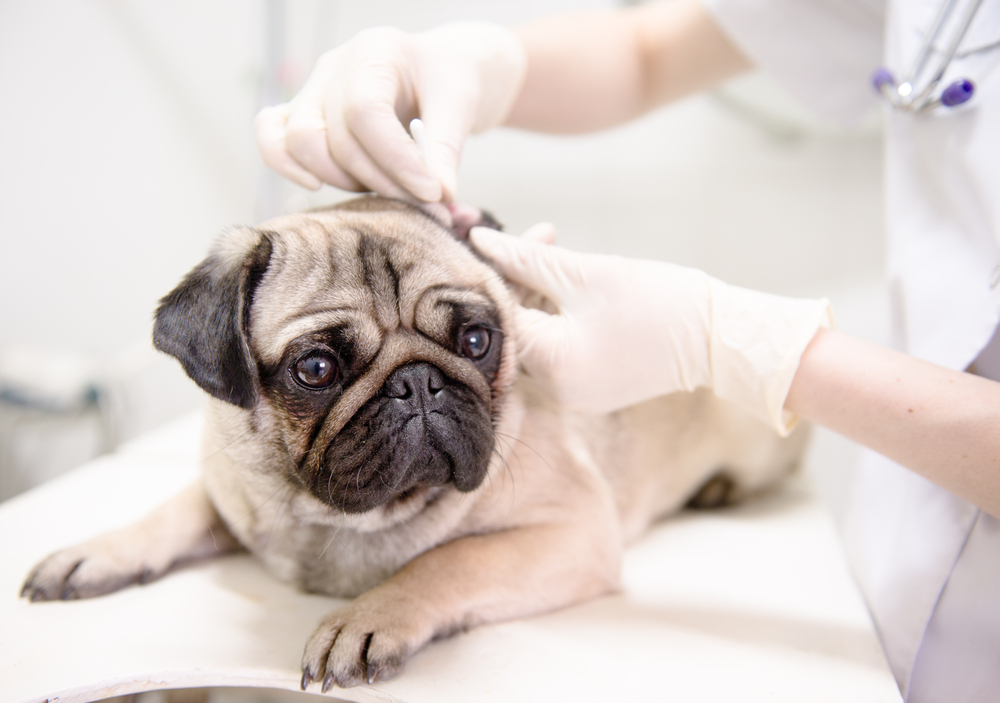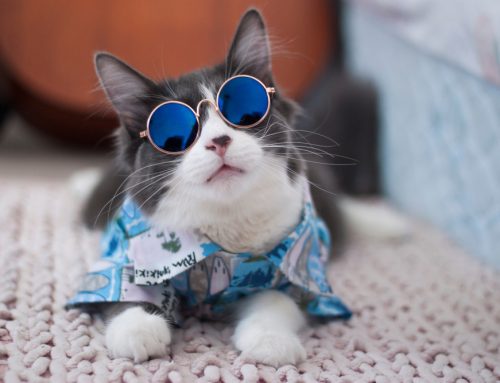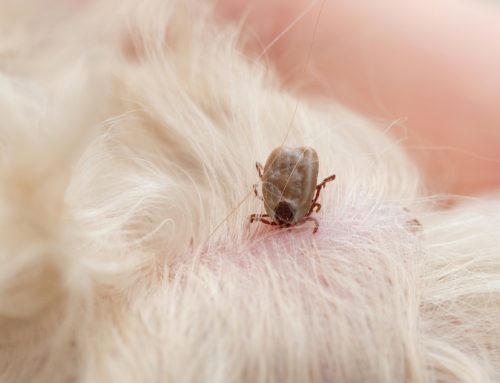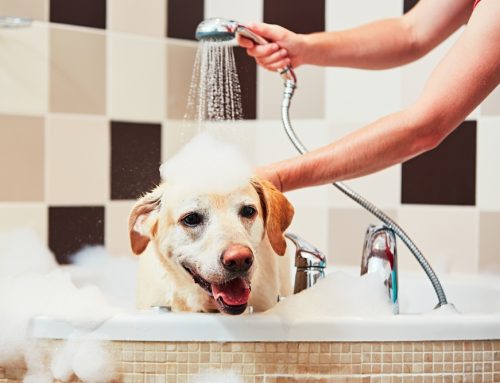Humans are believed to be drawn to babies’ faces to activate our desire to nurture and love. Brachycephalic breeds have similar features—large heads, round eyes, and short little noses—that we find attractive and undeniably cute. Many also have agreeable, low-energy personalities that make them much-desired family pets. Unfortunately, the skull and body shapes of these adorable-looking pets make them prone to multiple health problems, and they cost more money, time, and energy to own and maintain. Before you run out and adopt a brachycephalic pet, Hearthstone Veterinary Hospital wants you to know more about their specific care needs and health problems.
Pet brachycephalic airway disease
The most dangerous and most prevalent problem in brachycephalic pets is airway disease, which affects their breathing ability. Severely affected pets may struggle to breathe all the time, while milder cases show signs only during exercise or excitement. Brachycephalic pets usually have multiple airway differences, including small nares (i.e., nostrils), narrow trachea, excessively long soft palate, and abnormal tissue around the larynx (i.e., everted laryngeal saccules), that can make them feel like they’re breathing through a straw, and cause gasping, wheezing, and snorting noises. Most pets afflicted with this airway disease also snore—sometimes loudly. The condition can also cause:
- Exercise intolerance — Pets can’t get enough oxygen to support increased activity or exercise.
- Increased heat stroke risk — Normally, a dog’s airways dissipate heat through panting and breath exchange, but constricted brachycephalic airways make this process difficult. Only a slight temperature increase can endanger these pets, who must stay in the air conditioning during summer.
- Sudden airway obstruction — Overheated, excited, or stressed pets who are struggling to breathe can cause their airway to swell and their soft palate can become stuck, completely obstructing airflow. If your pet does not calm down or cool off and their airway does not open in a few minutes, they can die.
Mildly affected pets should be monitored closely, but those severely affected need surgery to prevent life-threatening complications. If your pet’s main problem is small nares, your primary veterinarian can correct this easily and quickly while your pet is anesthetized, but a specialist must address deeper airway problems. Brachycephalic airway surgery shortens the soft palate and removes or tacks down excess laryngeal tissue to prevent future airway obstruction.
Skin, ear, and eye problems in brachycephalic pets

Most brachycephalic pets have skin folds on their faces and around their tails that must be cleaned daily to prevent moisture buildup and infection. Wrinkles around the eyes and excess skin can lead to eyelids that roll inward (i.e., entropion), or hairs that rub the eye and cause vision-blurring inflammation or pigment. Flat-faced cat breeds are prone to ulcers and subsequent “dead” corneal spots (i.e., sequestrum). Brachycephalics also have shallow eye sockets that make the eye likely to pop out (i.e., proptose) from trauma, and narrow ear canals that can predispose them to ear infections.
Surgery or medications can correct or manage brachycephalic eye problems, and regular skin fold and ear cleanings can reduce infection frequency. Allergies can make skin and ear problems worse, so these pets may also need medicated baths, allergy medications or shots, or special food.
Brachycephalic pet obesity and joint health
Most brachycephalics have short legs and round bodies, and this shape, plus their reduced exercise ability, makes them prone to obesity. Some breeds, including bulldogs and shih tzus, may also have limb deformities that put extra stress on their joints. Obesity can add to this stress and lead to arthritis relatively early in life. Extra weight also increases breathing difficulty, so keeping these pets slim is key to their overall health.
Policies banning brachycephalic pet breeding
Because brachycephalic pets have so many known health problems, some European countries and North American regions have restricted or banned their breeding. This practice is controversial, because banning the dogs doesn’t solve their health problems, and many breeds have loyal followers. Still, these laws have opened a conversation between veterinary professionals and dog breeders to advocate for the dogs and to push breeders to focus on healthier pets rather than appearance only.
Despite their health problems, brachycephalic breeds can make wonderful companions for the right pet owner. If you already own or are considering a brachycephalic pet, Hearthstone Veterinary Hospital can help you manage their health. Call us to schedule a visit, so we can discuss your brachycephalic pet’s current and long-term health needs.







Leave A Comment